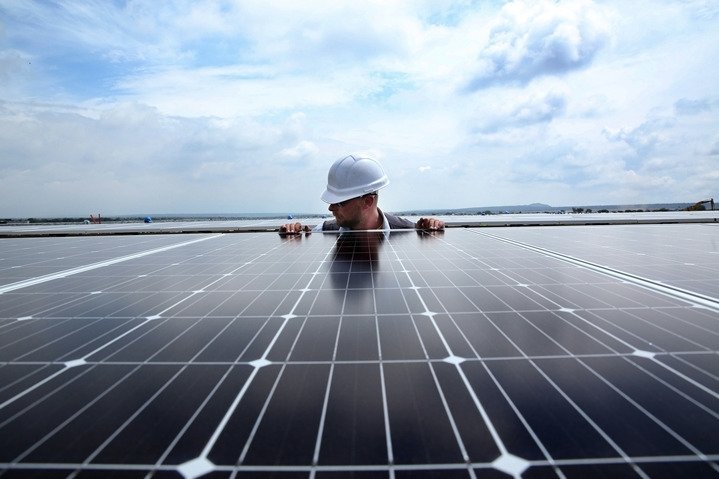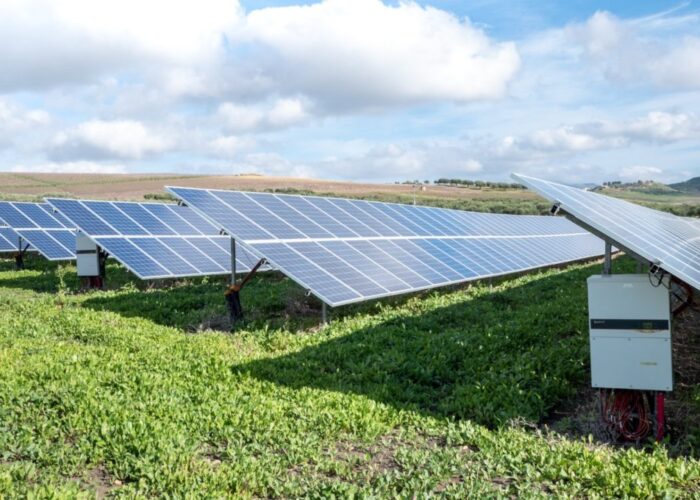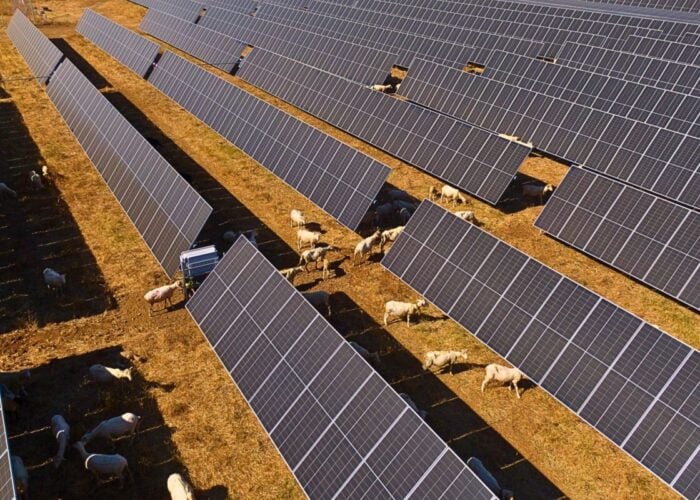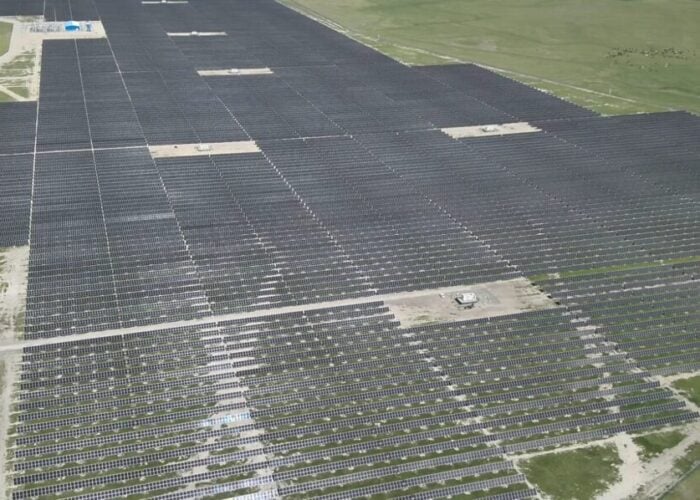
Concerns have been raised that new measures introduced by Spain’s government to limit windfall profits of renewable energy plants could dent investor confidence and impact the stability of the country’s solar sector.
Included in a wider package introduced last week to mitigate the impact of high commodity prices on electricity markets, the measures aim to limit the profits that generating plants can make as wholesale power prices continue to reach record levels.
Unlock unlimited access for 12 whole months of distinctive global analysis
Photovoltaics International is now included.
- Regular insight and analysis of the industry’s biggest developments
- In-depth interviews with the industry’s leading figures
- Unlimited digital access to the PV Tech Power journal catalogue
- Unlimited digital access to the Photovoltaics International journal catalogue
- Access to more than 1,000 technical papers
- Discounts on Solar Media’s portfolio of events, in-person and virtual
The new rules apply to projects with a capacity greater than 10MW that sell power on the merchant market. It stipulates that when the gas price is above €20/MWh (US$23.4/MWh), non-emitting plants are required to pay an amount equivalent to the estimated impact of the gas price on the wholesale electricity market.
“I think it’s scaring a lot of people,” said Ana Barillas, head of Iberia at consultancy Aurora Energy Research, adding that Spain has fought hard to regain stability in its solar sector following retroactive feed-in tariff changes in 2013 and 2014. “There’s a lot of investment appetite now in Spain, and the precedent it sets I think is very detrimental for investor confidence.”
Spanish PV association UNEF issued a statement this week criticising the measures and their “impact on the stability and legal security” of the country’s solar sector, although it welcomed confirmation from the government that bilateral contracts are not affected by rules.
The measures don’t apply to projects under regulated revenue schemes or those with power purchase agreements in place, which haven’t benefited from high wholesale electricity prices.
However, with a lot of generation plants contracted on a forward basis, Barillas questioned the reach of the new measures. “If you’re a solar plant, you are likely to have a long-term agreement or a PPA, in which case they’re doing all of this for the relatively small percentage of generation that remains merchant.”
While the rules are currently in place until the end of March 2022, some plant operators are worried that they could be extended, according to Pedro González, director of regulation at Spain’s Association of Electric Power Companies (AELEC), whose members include Iberdrola, EDP and Endesa.
“We don’t know yet what is going to be the evolution of the natural gas prices in the future,” he said. “So maybe they say right now that this is going to be limited in time, but the uncertainty of the measure that introduces not only for a system of PV power producers, but also for future investments in PV power, in the next months or years has increased a lot.”
The rules could also have a knock-on effect on Spain’s 3.3GW renewables auction, due to take place next month, which will allocate 700MW of capacity for projects that can be operational next summer as part of government efforts to accelerate solar and wind deployment to reduce high electricity prices.
According to Barillas, projects that can deliver that quickly will either be under construction or be in advanced stages of development already: “That typically means that they already have a PPA in place, in which case they can’t participate in this sub bucket of the auction, or they had always planned to go on a merchant basis into the market.”
Faced with a reduction in profits because of the new measures, in addition to concerns that the rules could be extended beyond Q1 2022, under-construction projects that were originally planning on selling power on the wholesale market could potentially opt to participate in the auction to guarantee stable revenues.
UNEF is now calling for an accelerated auction programme to support the addition of more solar PV “as soon as possible”. Rafael Benjumea, president at the trade body, said: “Solar energy is the only solution to promote a permanent reduction in the price of electricity. Intervention in its remuneration can have a negative influence on the cost of capital for future investments.”







